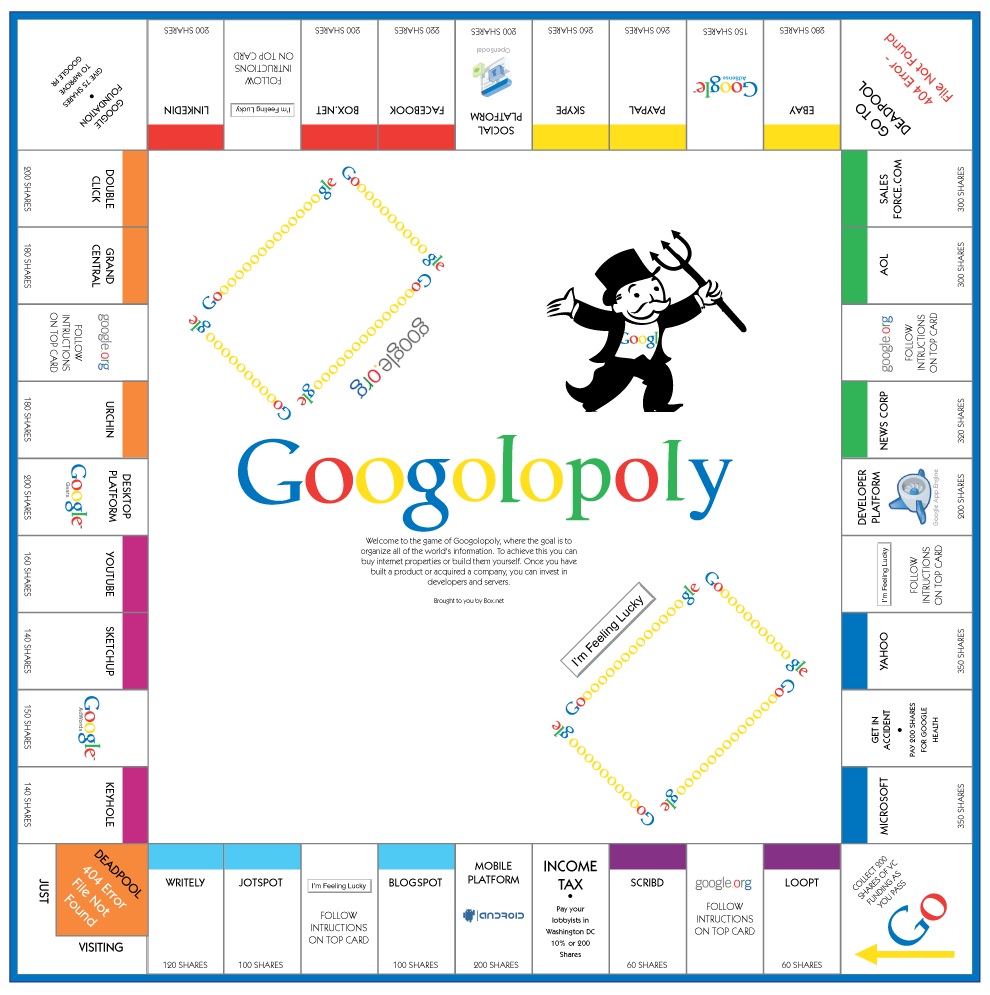 Every year, Google Inc. invites a group of global A-listers to its own Davos-style conference to think big thoughts. The event, called Zeitgeist, tends to be as pretentious as its name—captains of industry, finance, and government chattering onstage in front of about 400 of Google’s friends and customers about the fate of the internet and the world.
Every year, Google Inc. invites a group of global A-listers to its own Davos-style conference to think big thoughts. The event, called Zeitgeist, tends to be as pretentious as its name—captains of industry, finance, and government chattering onstage in front of about 400 of Google’s friends and customers about the fate of the internet and the world.
The 2008 version bordered on the surreal. The stock market was tanking, the bond market had flatlined, and the price of gold was surging to its biggest one-day jump in nearly a decade, an indication that investors everywhere thought the global economy was going to hell.
Yet here was Eric Schmidt, Google’s chairman and CEO, on a sparse stage at the company’s Mountain View, California, headquarters, in a green-energy love-in with his counterpart at General Electric Co., Jeff Immelt. The pair bathed in the glow of each other’s affirmation, convinced that the two companies, working together, can save the planet.
While my mind is racing about the cost savings and green impact that would result from a smart power grid, there’s one sore spot that keeps resurfacing. I think its the Republican in me that keeps wincing. Here’s the rub….
According to our deeply ingrained capitalist ideals, any time the government becomes involved in dictating what businesses should do, we come one step closer to socialism. Yet when a company succeeds too much we call it a monopoly and step in and break it up or we regulate it into a very small profit margin. I’m all for leveling the playing field when a company becomes so dominant it stifles competition, but when we create a monopoly, or break one up, we stifle innovation. It becomes impossible to change the status quo. For, example, our electrical distribution system is still running on systems developed 50 to 75 years ago. Thomas Edison would at first be proud of his accomplishments, but then horrified at the lack of progress and innovation since his original discovery.
Once this monster has been created, it is very difficult to institute any kind of meaningful change. Since the profits are low and closely regulated, there aren’t really the deep pockets one might expect to fund massive reconstruction of the grid or to spur innovation. The only other alternative is to turn to the private sector. The problem is that you can’t lure the private sector to invest somewhere that has intense regulation and built in low profit margins. This is what makes this Google/GE partnership so interesting. GE has the technology and Google appears to have the cash and the gumption to get this project started.
So far, so good. The other piece of this puzzle is the government. The Obama administration has so far said all the right things about energy policy, but this is not an issue that will take care of itself in 4 or even 8 years. The government needs to be in this transition for years to come. As we decease our dependency on fossil fuels and continue to move towards electric vehicles, we need to start now to ensure that the grid is able to handle the new demand efficiently and more importantly profitably. This is going to require a huge change in the way the bureaucrats in Washington regulate, as well as a huge change in the way utilities implement new policies. Both of these mechanisms are ill-suited to foster any kind of real change because they are bogged down in a sea of red tape. If every step of the way is going to have to be studied in-depth by the utilities and the government. The technology will be old by the time we’re done the permitting processes. A serious change from the top down is required. The Obama administration can step in and streamline the process if they can get support in Congress. The question is will they be able to do enough to make investing from the private sector attractive or should the grid simply become another inefficient government agency? I can hear the cries of Socialism already….
![Reblog this post [with Zemanta]](http://img.zemanta.com/reblog_e.png?x-id=836e5cdb-e5ec-4323-a00b-99f1416f5961)
No comments:
Post a Comment